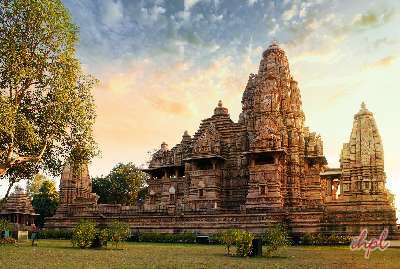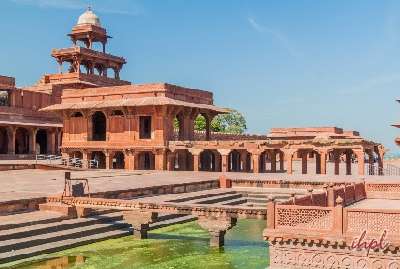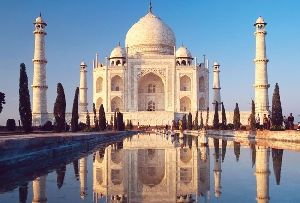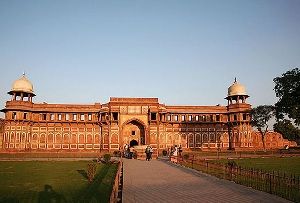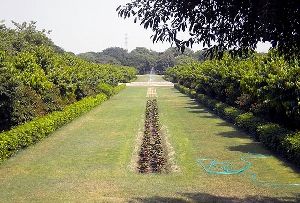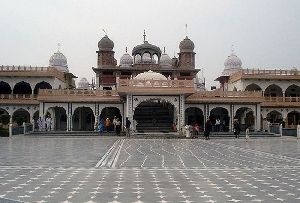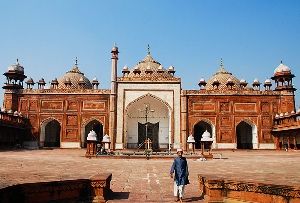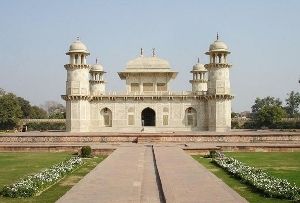History of Agra has quite a rich background, which is fully apparent from the various historical monuments that are located in and around the city. The initial reference for the city of Agra comes from the age of epic, when in the Mahabharata Agra was referred to as “Agravana”. Agra has also been referred to as “Arya Griha” which means the abode of the Aryans. There has been a lot of historical influence on this lovely city and the Agra’s history gets reverberated in the historical monuments that have been built during the rule of the Mughals.
Not only the Mughals, there were a lot of other rulers who were responsible for the rich heritage and history of Agra. The one who was responsible for finding the city of Agra was Sikandar Lodhi who belonged to the lodhi dynasty of the Delhi Sultanate and it was in the 16th century. One could notice the square Persian-styled gardens which were for the first time introduced by another Mughal emperor Babar. The History of Agra city witnessed another gem being added to its crown when Emperor Akbar first built the Agra fort and Fatehpur Sikri close to Agra.
Under the bizarre circumstances Fatehpur Sikri got demolished and was left isolated that had remained the capital of Akbar for a long span of fifteen years. History of Agra has witnessed a lot of things being added and removed to it and hence has a rich past that simply captivates the tourists when spoken about. The beautification of Agra city was done by Jahangir with splendid palaces and verdant gardens. The actual beautification was done when Shajahan ascended the throne of the Mughal Empire and built the famous Taj Mahal in the memory of his beloved wife Mumtaz Mahal.
In the later stage of his life he shifted to Shahjahanabad and ruled from there itself.
It was after the death of Aurangzeb that the history of Agra saw the emergence of many small kingdoms such as Jats, Marathas and lastly the British Empire taking over the city.
Checkout: Vrindavan Tour Packages, Agra Tour Packages, Uttar Pradesh Tour Packages, Kushinagar Tour Packages, Varanasi Tour Packages




